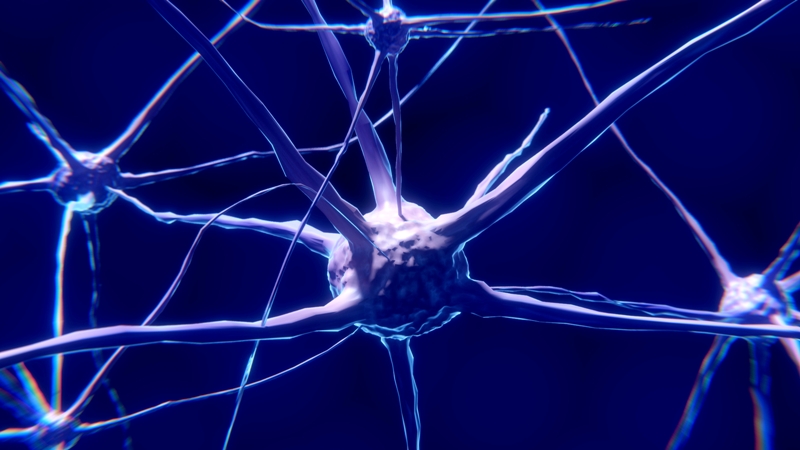Boredom Is Good For Your Brain
7th Jul 2021
Do you know that you can get new ideas, solutions to problems and moments of creativity while you are doing something boring like washing dishes, standing in a queue, sitting in a waiting room, or doing nothing in particular?
Some of the most creative, innovative ideas were born from boredom. Nothing can enter a pot which is already overflowing. If the mind is full of outside bombardment and inner chatter, there's no room for anything else to happen in there.
Albert Einstein said “Creativity is the residue of time wasted.” Look what he went on to create.
During boredom, your brain goes on autopilot and starts making new neural connections. Brain scans show that daydreaming increases the quantity of dendrites (nerve connections) between different parts of the brain, though I don't know how anyone can daydream while having a brain scan!
Research also shows that multi-tasking prevents the brain performing tasks properly, and reduces productivity by up to 40%, even though multi-taskers assume they are being super-efficient.
Science shows that we can increase our stock of nerve connections throughout our life and keep our brain functioning well into old age. This doesn't mean that our brain has to be constantly active to grow more nerve cells. Homeostasis (body balance) is essential. As well as mental activity we need mental quiet.
So, enjoy getting bored and don't worry about it. You could be generating new ideas or creating something original, or, at the very least, giving yourself a break from your 12,000 to 60,000 thoughts a day, which the National Science Foundation say are 80% negative and 95% repetitive.
This is a nerve cell (neuron) in the centre with its many dendrites (nerve connections). We have approximately 86 billion neurons in our brain, so let's begin to healthy them up and also grow new ones. Don't force yourself to be creative. Just switch off and let the mind do what it wants for a while. And don't feel guilty about doing nothing. Remember how healthy it is for your brain.
Copyright © 2021 Brenda Martin





